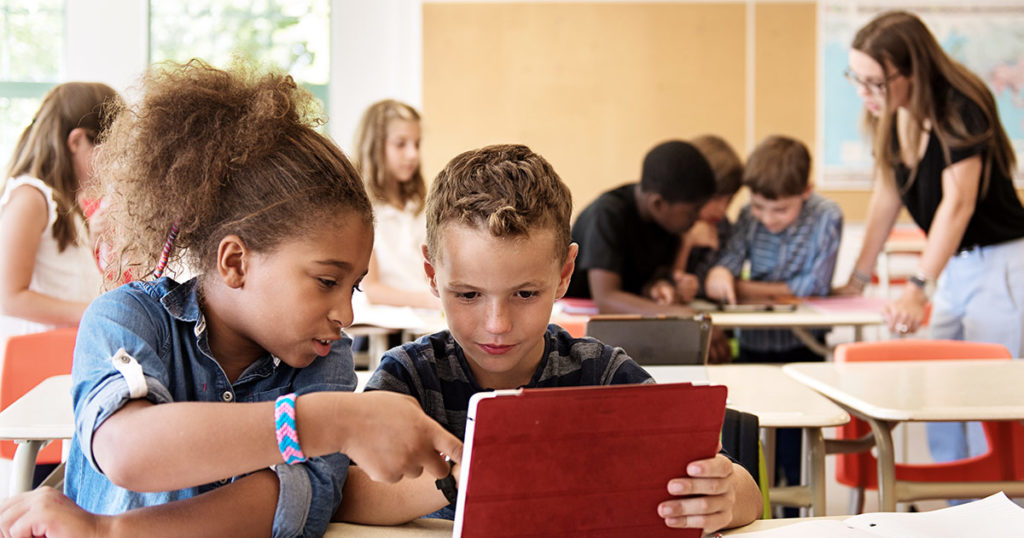The 9 benefits of in-school learning

The Covid-19 pandemic threw the spotlight on alternative schooling options, including home and remote education as a potentially safer way to continue your child’s education.
A growing number of families have indeed exercised the option of homeschooling after conducting due diligence on the legislative requirements involved in removing a child from a formal schooling set-up.
Yet, for the vast majority of parents, remote or home schooling was simply not an option, due to factors such as being working parents or affordability.
ALSO READ | Our first digital magazine – and it’s all about home schooling
Almost all children are back in the school routine in some way or another as schools have geared themselves up to be prepared to host learners again.
There are differing approaches with some schools alternating the days while others alternate attendance to every other week, but all are primed to provide a safe and conducive space to teach and learn as everyone gets used to the new normal.
But for those parents – and children – who still have some trepidation about the return to school and need a little more convincing, it is instructive to know about all the positive benefits linked to in-school learning.
Here are nine benefits:
- Sense of belonging: Children have the opportunity to build on existing and new relationships.
- Academic support: Children have the opportunity to complete homework alongside peers and qualified teachers.
- Safety and supervision: Play-based learning environments in schools enable children to immerse themselves in a range of experiences.
- Children viewed as individuals: Children are encouraged to have a voice in choosing their own experiences in learning.
- Nutritional food and Physical activity: Most schools canteens offer a variety of nutritional food to encourage healthy food choices and lifelong healthy food habits. After spending all day in a classroom, physical education is an important component for learners to indulge in.
- Development of social skills: Children can practice and enhance their social, emotional, communication, and language skills.
- Learn through play: Play-based learning environments in schools enable children to immerse themselves in a range of experiences.
- Build confidence: Teachers guide children in learning as they try the unfamiliar and participate in new tasks with enthusiasm.
- Trained teachers: Qualified teachers are trained to support the various needs of children, they also facilitate learning and teachers also have a choice in play-based learning.



